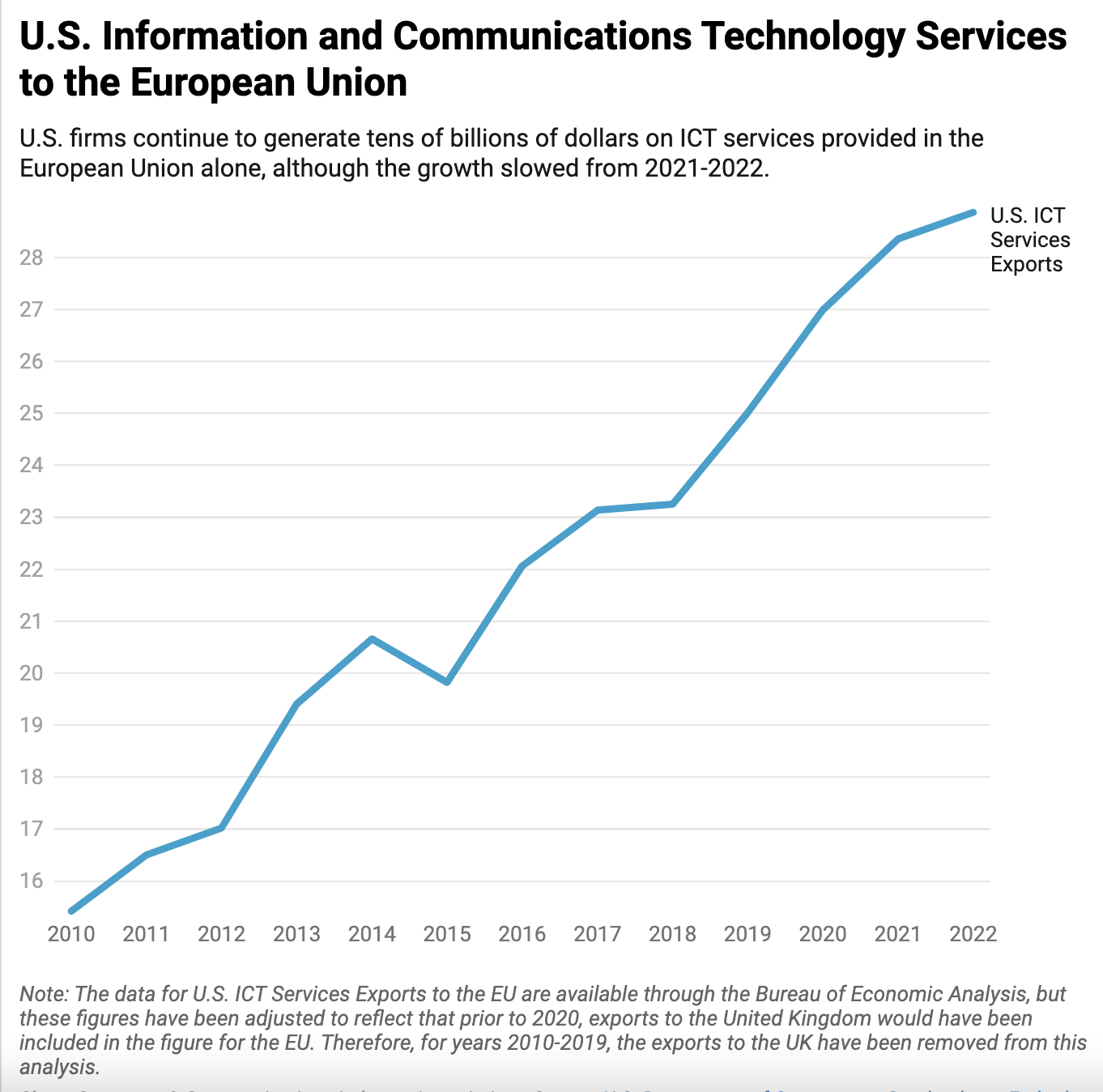Australian Regulations Detrimental to the Digital Economy: Process (Part 1)

The preservation of public interest news production has become an important goal of many jurisdictions, and Australia is no exception to this trend. To this end, last week, the Australian Government and the Australian Competition and Consumer Commission (the ACCC), published its draft Code of Conduct that regulates commercial relationships between media companies and digital platforms. This is the first post of a series that will delve into the development of regulatory experiments in Australia that risk undermining the digital economy to the detriment of Australian consumers.
The announcement of the draft Code of Conduct was made by the Australian Treasurer Josh Frydenberg, who said “It’s about a fair go for Australian news media businesses, it’s about ensuring that we have increased competition, increased consumer protection, and a sustainable media landscape.”
The effort to experiment with new frameworks to preserve public interest news media production is commendable. But the fact that the Government made the announcement of the draft Code of Conduct, and holds the discretion to select which companies the new regulation is applied to, undermines the impartiality of the ACCC’s process to adopt this Code of Conduct. It also raises questions regarding the ACCC’s independence and the legitimacy of the regulatory process.
Following Frydenberg’s announcement, the ACCC’s chairman Rod Sims added “we observed and learned from the approaches of regulators and policymakers internationally that have sought to secure payment for news.” In essence, the ACCC admits this proposed regulation is a matter of wealth transfer from innovative digital platforms to media companies that have not been able to monetize their business models.
But let’s step back and review how the process towards adopting this draft Code of Conduct has unfolded. Given the broad mandate that characterizes the ACCC and its experience in regulating markets and adopting codes of conduct, it seems natural for the ACCC to try to explore solutions regarding the difficulties of media companies to monetize their businesses in the digital age.
In this respect, the ACCC carried out an inquiry and initially proposed to adopt a voluntary regime to encourage media companies and digital platforms to work cooperatively with each other. The idea was to create a framework whereby digital platforms and media companies could negotiate novel business arrangements. This proposal is in line with the ACCC’s tradition, where it prioritizes market competition and limits government intervention.
But, surprisingly, in June 2020, the ACCC published a Concepts Paper whereby it proposed to eliminate the voluntary nature of the Code of Conduct and suggested the adoption of a mandatory Code of Conduct. Shortly following, this draft regulation was published which would establish a negotiate-arbitrate compulsory model to regulate commercial relationships between digital platforms and media companies and give the Government license to arbitrarily determine which digital platforms will be bound by the regulation. It is significant that the final draft regulation largely follows News Corporation’s suggestions as published in its publicly available response to the inquiry. But what is of utmost concern is the full discretion of the Government to cherry pick the companies that will have to pay Australian media companies.
This license to cherry pick is problematic for several reasons. First, it leaves the application of a regulation that imposes wealth transfers from different stakeholders to the discretion of the executive without establishing objective, evidence-based principles or standards to select the affected companies. Second, it undermines the credibility of the work advanced by the ACCC that subjects its draft Code of Conduct to the whims of whoever is governing Australia. Finally, the discretionary power does not grant sufficient safeguards to foreingn companies to conduct business in Australia, disincentivizing the private sector from investing in innovation to the benefit of Australian consumers.
Aside from the procedural concerns, the content of the draft Code of Conduct is also worrisome. The next post in this series will delve into the details of the draft regulation, which may have the opposite effect for consumers as the one sought by the ACCC.








